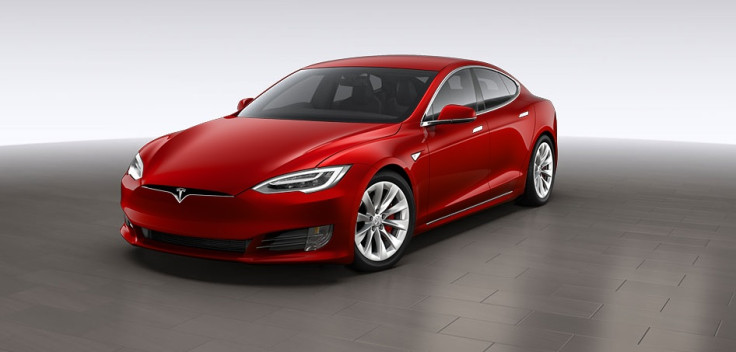Tesla brings controversial in-app purchase model to Model S - but is it so bad?

When I first read about Tesla putting the same 75Kwh battery in both the 70kWh and 75kWh versions of the Model S, then offering the difference as a $3,250 (£2,240) software update to buyers of the former, I thought it was more than a bit cheeky.
Tesla buyers are, broadly speaking, geeky early adopters who understand technology more than most and know when they are being ripped off. They know the extra 5kWh of battery capacity can be good for 19 miles more range, they know the cheaper (by $3,000) 70kWh Model S is being artificially hampered by software, and they will liken this to in-app purchases where a smartphone game is free to download, then slaps you with expensive additional content to enhance it.
All of this went through my head, but then I actually thought about it and realised this practice has been going on in petrol and diesel cars for years, albeit in a less obvious way. Some engines from the likes of BMW, Mini, Ford, VW and Volvo share almost all of their components but produce different power outputs depending on the version of the car they are fitted to.
The difference comes from 'mapping' the car's ECU (engine control unit), which is to tweak the software used to manage how the engine performs. Buy a BMW 1-Series 118i and its 1.6-litre engine will produce 34 horsepower less than the same engine in the 120i model, mostly due to using different software. Take the car to a garage offering remapping services, and for a fee the less powerful car's ECU can be given the software of the more powerful (and more expensive) model. This will likely void your warranty and needs to be shared with your insurer, but the point still stands; the same engine can be tweaked with software to artificially perform differently, and in some cases worse.
In-app purchases have come to cars
Tesla is doing the same thing, albeit in a more transparent and less warranty-voiding way. The clued-up Model S owners will feel cheesed off for being given an artificially limited car, but if petrol car buyers knew how their own car was being restricted they may well feel the same.
But now Tesla has made this move so blatantly (and is marketing it as a benefit), will the motoring equivalent of in-app purchases become commonplace? Will we see the ability to upgrade the stereo with the tap of a credit card? Or a way to turn the traction control off with payment and a password?
I don't think the floodgates are bursting open just yet, but the water behind them is rising. Everyone loves to tell their friends how a Tesla's software can be updated over the internet at night, just like their phone. But explaining how the car has the same annoying paid-for software updates will go down less well.
Would you mind paying for updates you know are only a matter of downloading new software? Let us know in the poll below.
© Copyright IBTimes 2025. All rights reserved.






















